"With 27 years in business serving the community of South Florida, Static Electric is your one-stop shop for all business and residential electrical contractor needs."
From new homes through remodeling and renovations, we’ll give you peace of mind that your installation is safe and fully compliant with building codes. In commerce and industry, we’ll ensure the safe and efficient functioning of your business’s electrical operations, help you save money and avoid costly downtimes.
Electrical Honey-Dos: When Should You Call an Electrical Contractor?
Most people have a level of comfort when it comes to small electrical repairs. Changing the light in a stove or fridge, switching out a light fixture, and other minor tasks may all fall into the realm of things that your “honey” can do for you, but there are times when you need professional help. Here are a few instances where you should not attempt to do repairs yourself.
1. When There Is Visible Damage
When you can see visible damage to wiring, when an outlet has a scorch mark or when something has melted, it’s a sign that all is not well with your electrical, and that can be dangerous (or deadly) to people who aren’t qualified electricians. If you see this sort of damage, then this is not an electrical DIY project. Call the professionals, sooner rather than later.
2. When There’s Water Damage
When your electrical problems are also water problems, then you definitely need to call in the professionals – electrical and otherwise. Water and electricity are a dangerous combination, and not one that you want to mess with.
3. When You Need Changes Made
Adding an outlet. Expanding a panel. Changing the wiring in part of your home, or adding more wiring for an addition. These are all things that you need the expertise of a professional to do correctly and safely, and are not tasks that you want to undertake as DIY residential electrical in South Florida.
4. When There Are Shorts or Sparks
If you’re having trouble with your panel, and you regularly have circuit breakers tripping, that is a clear sign of serious electrical problems somewhere in your home. Likewise, if you see sparks anywhere in your home electrical, then you almost certainly have a problem that needs professional attention.
5. When You Live in an Old Home
Older homes often have complicated, outdated or just plain weird electrical. If your home is older, then there’s a good chance that you could have knob and tube wiring, asbestos in your walls or other hidden dangers to contend with, you might not even recognize some of the things on the board, and there may be fire hazards hidden in your walls. If you start having electrical problems in an older home, chances are you’re going to need professional help.
6. When You’re Doing a Major Appliance Upgrade
If you’re remodeling your kitchen, and you’re going from modest, old style appliances to power hungry commercial grade ones, or you want to turn a room into a home theater, then you probably need professional help. Major changes to your power consumption can overload your panel, and if you’re planning anything big, it’s best to get the all clear first.
This list is not complete, and there are probably many other times when you would need electrical protection in West Palm Beach. If you’re in any way unsure or uneasy about any electrical DIY, minor or major, contact an electrical contracting company. They’ll be able to tell you if it’s something that a handy homeowner can handle, or whether you need a little more skill (or a permit!)
Read MoreBuilding a Housing for Your Standby Generator
If you are installing a home standby generator, and you live in Florida, you are probably motivated by bad weather. Because sure, the energy savings you get when the power is out for a few days thanks to a big storm are good for your wallet, but they’re really not good for anything else, are they?
Before you contact contractors about your generator and to get a price for the electrical installation in West Palm Beach, it’s a good idea to figure out where you’re going to place the generator, and how you’re going to keep it safe from the storm. Because diesel powered generators really aren’t a great addition to the décor in your home, and the weather outside is likely to be a factor when it’s needed. Here are a few things to keep in mind while you construct the housing:
- Ensure that your design includes a raised platform of some kind, to keep your generator out of any water that may be on the ground. Storms can cause flash floods or water accumulation of a few inches to a foot or more, and it’s always a good idea to keep your generator above ground for that reason. Be sure to make the platform long enough that you can wheel the generator forward when you need to refill the fuel tank or make repairs to the unit.
- Make sure that you construct your generator enclosure close to your home. Whether you choose an automatic or manual transfer for the system, your electrician will need to connect wires to the generator, and you want to be able to get to it easily too.
- Measure the frame of the home standby generator, from the ground to the highest point, across at the widest point, and from the front to the back at the widest point. Add two or three inches to each dimension. Those will be your inside dimensions for your frame.
- Build a frame for the enclosure. You can make this out of wood or steel (depending on your carpentry or welding skills). Ensure that you use the measurements you have taken before as the inside dimensions for your frame. If your generator is going to be close to your home, you might not need a back panel, but you can add a front and a back panel if you hinge them for easy access.
- Cover the frame with plywood or steel sheeting. If you choose plywood, remember that you will need to seal the enclosure well, to prevent the wood from rotting. If you opt for steel, choose a galvanized product that will resist rust. Use screws or nails to fix panels to a wooden frame, or rivets to fix to a steel frame.
Your home standby generator is built to be hardy and tough, and it should be able to handle a little water without too much trouble. However, Florida storms are a lot more than a little water, which is why a home generator enclosure is a good idea. It doesn’t have to be completely air tight either. Just make sure it keeps most of the weather out, and that it’s located outside of your home, so the fumes from the generator running are safely outside your home.
Read MoreWhat’s Covered in a Commercial Electrical Maintenance Agreement
Commercial electrical maintenance is a critical element in maintaining the health and safety of a workplace, ensuring that your business insurance policy covers you in the event of a malfunction, and for ensuring that your commercial power stays stable and operational when you need it. However, even if you are looking for a contractor to enter into an electrical service contract, you might not be sure exactly what you can expect.
While these types of electrical maintenance contracts can vary greatly from one contractor to the next, there are a few things that most good commercial electrical maintenance agreements will cover. This is what you should look for:
Read MoreTaking the Mystery Out of New Home Electrical Projects
Building a new home is a massive undertaking. Even when you’re working with great contractors, if you’re like most people, chances are you’ll be overwhelmed by the many steps involved in going from a vacant lot to a building you can live in. When the work gets to things that take a fair amount of technical understanding, like plumbing and electrical, it can get even more confusing.
Here are the steps that are involved in new residential wiring, to take some of the mystery out of the process:
Read MoreHow to Find a Reputable Commercial Electrical Contractor
If you’re looking for a commercial electrical contractor for a new commercial building or to repair, maintain or retrofit your existing commercial building, then you might be wondering how you find a good one. Word of mouth referrals are a good idea, but what else can you do to find a great company?
Read MoreWhat’s the Best Time of Year to Install a Standby Generator?
If you’re considering buying a whole home generator, then you might be wondering what the best time of year to install one will be. It’s true: there is a “best time” to install a generator, that will probably get you a better deal, and quicker service. Here’s what you need to know about the best time to get your standby generator.
Read MoreLatest Green Building Electrical Trends for 2016-2019
A few short years ago, green building was just another fad. Something that happened on the fringe of construction, which avant garde architects and designers incorporated into their designs along with weird angles, and which was not really something the average person thought about.
Thanks to rising energy costs and increasing concern for the planet, however, green building has moved squarely into focus for most consumers and contractors, and it’s becoming one of the important things to consider when building or renovating. Here is what you’re likely to encounter in terms of electrical in green buildings in the next few years.
Read More


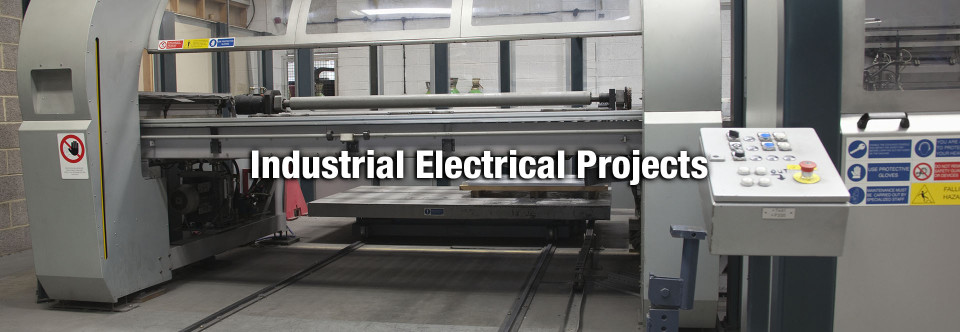

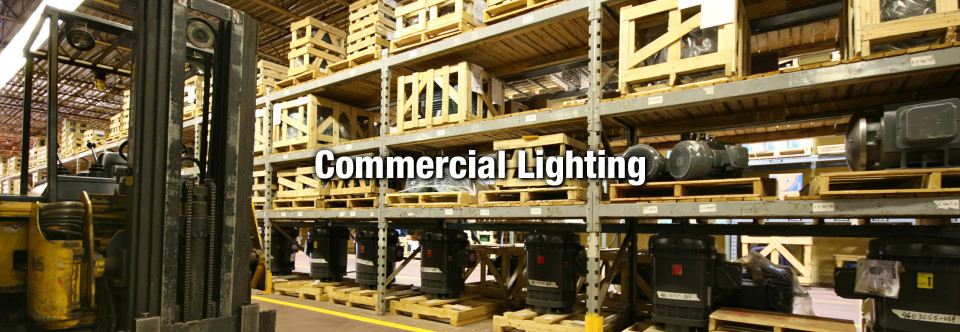

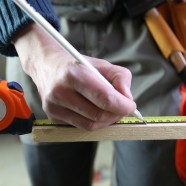


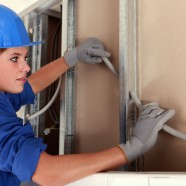

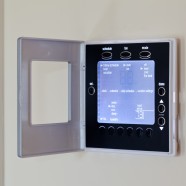
Recent Comments